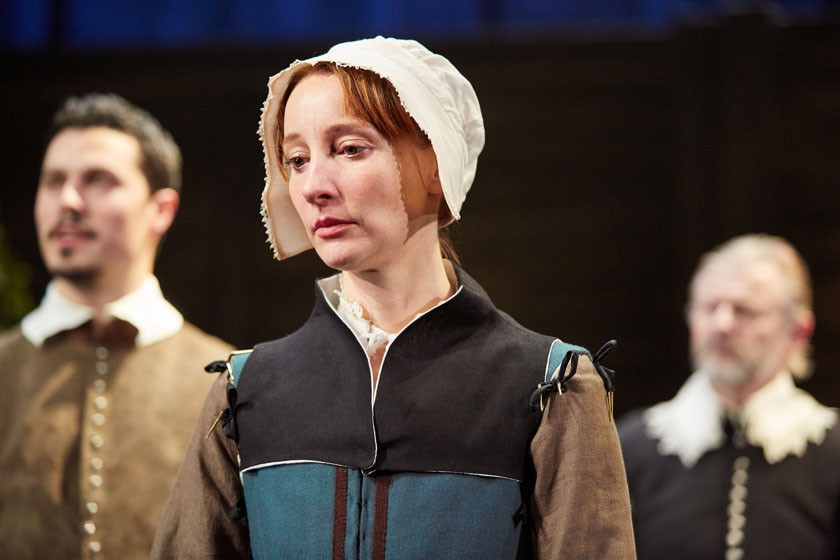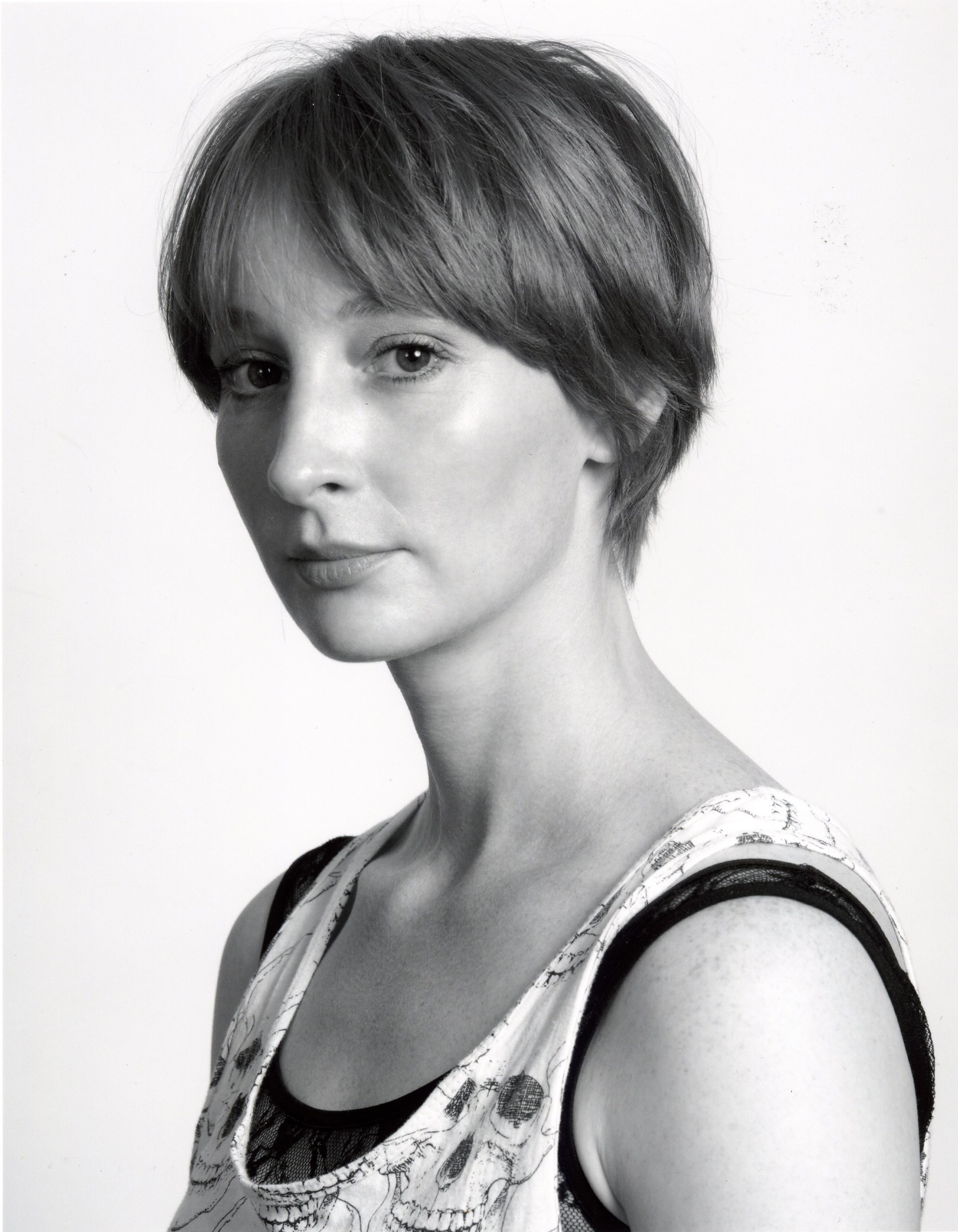
Can you tell us what The Herbal Bed is all about?
The Herbal Bed tells the story of the Hall family in Stratford Upon Avon and centres around Susanna Hall; Shakespeare’s eldest daughter. It is an imagining of the events that fell before, during and after an accusation of adultery with her neighbour.
Do you think there are any parallels between the social pressure your character experiences and the social pressures experienced by women today?
I think it’s interesting how gossip is as damaging today, especially with the invention of social media where everyone has an opinion. In Jacobean Stratford everyone in the town would have known each other and gossip was far reaching, especially for someone with a famous family. It could have spread as far as London and had terrible consequences. Susanna is ahead of her time. Her gravestone pays tribute to her kind spirit and her famous cordials, which she would concoct. In those days women were overlooked and so this was an unusual honour and says something about her character. Today women are still fighting for equal rights and equal pay and job opportunities. The fight goes on.
How important is it to mark the 400th anniversary of Shakespeare’s death?
We wouldn’t be celebrating Shakespeare’s anniversary if he wasn’t still having an enormous impact upon theatregoers and readers. For me, he is one of history’s finest philosophers, with an understanding of human nature that holds up a mirror to our deepest thoughts and feelings without judging. And he does this via the energy and poetry of his beautiful verse and prose.
You previously acted in another of Peter Whelan’s plays, The Accrington Pals, what is it that makes his writing so special?
Peter manages to deal with massive themes and high drama within the intimacy of a domestic setting. His language is bold and poetic; a real nod to the great writers which must have influenced him. He also writes so well for women and you can feel his admiration and respect for them on the page, no matter what their complexities.
You’re had success on both stage and on screen. What are the best and worst things about performing for each?
I absolutely love filming. I love hanging out with the cast and crew. You have a few chances to get a scene right and a lot of the work has to be done on your own at home because there’s often not much rehearsal. You have to trust your instincts. But once you get it in the can, you move on. Sometimes, though, you have to be up very early; like being in the make-up chair for 6am. You also have to keep an eye on the story you are telling as you often film your scenes completely out of sequence.
I began my career doing weekly repertory theatre so I feel very at home on stage. I love the rehearsal process which gives you the luxury to really get to know your character and the intentions behind all the scenes. I love the camaraderie of the cast and the sense that you are in something together. A lot of trust is involved. You have to work hard at keeping up the energy and freshness once you are running the play as you are doing the same thing night after night. It can also be difficult being away from your family and sometimes you can feel like ships passing in the night. But it’s great to tell the audience a complete story every evening and give them a unique experience with every show because it is live.
The production is touring to nine venues around the UK – how important is touring theatre?
Touring theatre is where it all began, with travelling players. It was, and still is, a way to get theatre out there to the masses who may, otherwise, not be able to go.
Why should people come see The Herbal Bed?
This play appears to be a domestic drama about love, but cleverly spirals into a thrilling courtroom drama. Hopefully something for everyone to enjoy!
Photo Mark Douet


